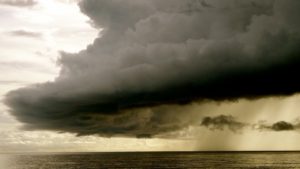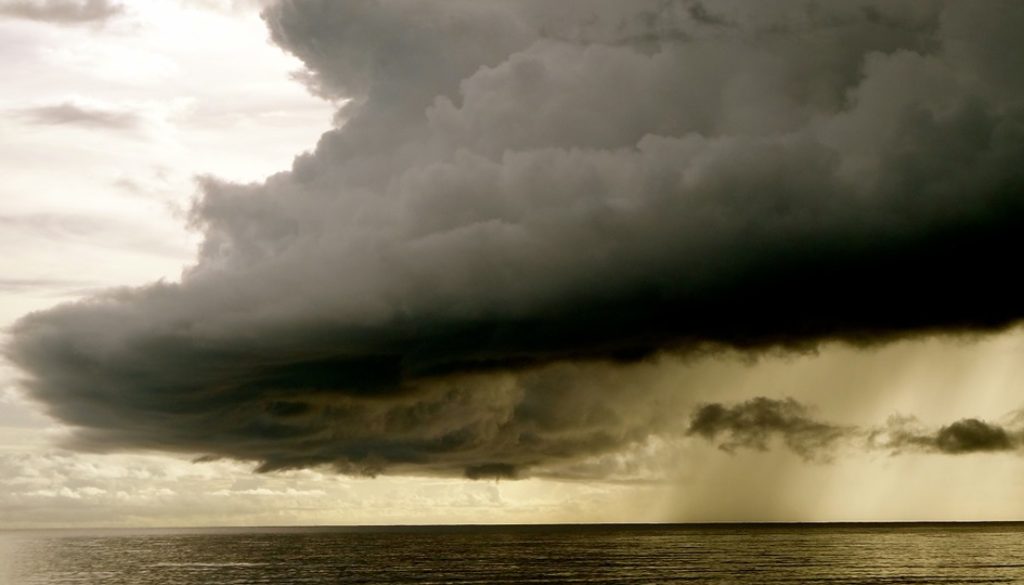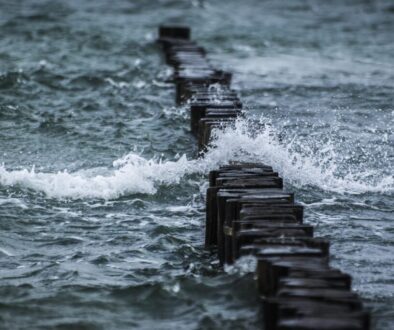
Calm before the storm: hearing in the European Parliament on the state of play of the landing obligation before its full implementation in January 2019 proves lack lustre.
Brussels, 11th october 2018
Brian O’Riordan
Full agenda: http://www.europarl.europa.eu/meetdocs/2014_2019/plmrep/COMMITTEES/PECH/DV/2018/10-08/ProgrammeHearingLandingObligation_EN.pdf
Given the title of the hearing, one would have expected a more interesting and informative meeting. However, we were fed with more of the same old, same old.
Alain Cadec set the stage by stating that he hoped that the meeting would outline the major challenges left, the state of play, and that it would offer some solutions to problems faced in implementing the Landing Obligation (LO). He was to be disappointed.
Disappointing too for the majority fleet segment of small-scale low impact fishers, comprising over 70% of the fleet, providing over 50% of the jobs, and landing 8 to 10% of the commercial catches. Despite being significantly affected by the LO, there was no mention of the fleet, let alone what is being done to mitigate the impact of the LO for those tens of thousands of vessel owners who have no quota, and for whom the zero discards policy implies a zero fishing policy that will outlaw their activities.
Mr Jean Porcher, a Breton shipowner, and President (CEO) of “Armement Porcher” provided an industry perspective. He manages the activities of 17 25 metre trawlers and employs 240 staff. His fleet operates for around 6 months of the year in the Western part of the channel, and struggles to generate a 10% return on their capital.
For his fleet discards are impossible to deal with. He explained that there is no room on board to store all the unwanted catches in boxes; the entire hold space is given over to storing the fish catch on ice. Furthermore, strict hygiene requirements mean that catches destined for human food consumption must be kept apart from catches destined for industrial, non-human food purposes. How do you motivate crews working on a catch share basis to apply the LO when the work on discards is unpaid but significant?
Dr Lisa Borges, from the Discardless project gave a review of the evolution of the discard policies up to now, starting in 1992, when DG Mare had decided that a discard ban was not the best idea. She failed to mention the so called “Fish Fight” campaign led by Hugh Fearnley-Whittingstall. This had been instrumental in bringing huge public pressure to bear on the Commission during the reform process, and this had moved discards from zero to hero, and to the top of the CFP agenda from nowhere. She highlighted that in the Baltic no significant changes in practice (to avoid discards) were perceptible, and that at EU level there was no project to monitor and evaluate the handling of unwanted catches at sea.
Heather Hamilton from ClientEarth highlighted that progress has been much slower than expected, and as highlighted by the STECF evaluation of the LO, exemptions decrease effectiveness. She stressed the importance of accurate monitoring of catches and the high risk of non-compliance due to lack of effective MCS, with a need to move to fully documented fisheries.
Elisa Roller gave a review of the state of play, noting the high percentage of catches under the LO (66% in the Mediterranean) but without any assessment of the effectiveness of its implementation. In answer to MEPs questions, she said that there had been plenty of time to prepare, money has been spent, tools have been developed and put in place, so there should be no reasons for any surprises.
She highlighted that it has taken Norway decades to reap benefits from its discards policy, so we should not expect that on January 1 2019 we “will go from 0 to 100”. The amendment of the Control regulation would be important in tackling the problem of discards, and she felt that the progress shown against MSY targets was good news.
The only person to mention that the LO presented particular problems for small and medium operations was the MEP Werner Kuhn, who also highlighted the need to separate fish for human consumption from the catch destined for industrial use and feed not for direct human consumption.
Alain Cadec summed up by reminding that he had voted against the LO. As it has been approved by a legitimate democratic process, we must work with it. He predicted stormy political weather ahead, referring to the Spring elections.




